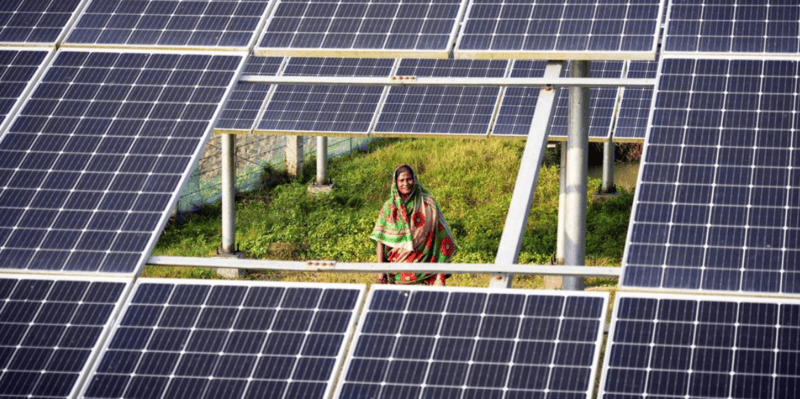COP30: Leaders endorse pledge to quadruple clean fuel use by 2035

As part of the COP30 Action Agenda, the pledge seeks to provide political backing and strengthen international cooperation to reach the 2035 target, using 2024 levels as the benchmark.
Momentum around clean energy accelerated in the second week of COP30 in Brazil, as global leaders endorsed a landmark pledge to sharply scale up sustainable fuels.
The initiative, dubbed the “Belém 4x” pledge, commits participating countries to quadruple the production and use of clean fuels by 2035.
More To Read
- What’s at stake in the COP30 negotiations?
- Tana River County champions people-centred climate solutions at COP30
- Major global emitters off track, no country strong enough to meet climate targets - report
- African activists rally and challenge COP30 agenda
- Indigenous voices at COP30: The Amazon speaks – will the world listen?
- Power utilities raise clean energy investment plans by 26 per cent in major Net Zero push
Data by research firm World Economic Forum (WEF) shows that sustainable fuels currently account for only about two per cent of worldwide fuel consumption.
The pledge, jointly launched by Italy, Japan, India and Brazil, has already received backing from 23 countries.
Supporters say the step is essential for meeting climate goals, given that hard-to-abate sectors, including aviation, shipping and heavy industry, still rely almost entirely on fossil fuels.
Brazil, hosting COP30 and drawing on decades of innovation in bioenergy, is expected to play a central leadership role in the global scale-up.
Its experience in leveraging biomass for transport fuels has long been viewed as a model for emerging economies aiming to achieve energy security while lowering emissions and fostering inclusive growth.
As part of the COP30 Action Agenda, the pledge seeks to provide political backing and strengthen international cooperation to reach the 2035 target, using 2024 levels as the benchmark.
So far, the breadth of support from countries across different regions has been highlighted as a sign of growing consensus.
“The diversity and wide geographic distribution of the countries that have already joined show the importance of sustainable fuels for the energy transition and the global fight against climate change,” said COP30 President Ambassador André Corrêa do Lago.
Liquid and gaseous fuels remain the backbone of today’s energy system, supplying more than half of global energy consumption.
They fuel transportation, industry, and produce electricity, the foundations of modern economies.
Clean fuels produce less pollution than conventional fuels, emitting lower levels of particulate matter, carbon monoxide and greenhouse gases across their full life cycle.
As global energy demand continues to rise, with electricity demand expanding even more rapidly, a diverse mix of fuels will reportedly remain essential for meeting long-term energy needs and ensuring energy security.
Across most scenarios, fuels for energy use are projected to deliver 175–285 exajoules (EJ) through 2050, roughly five times current US energy demand.
Scaling clean fuels from current levels is, therefore, necessary to meet global climate goals, according to sector experts.
WEF says beyond the climate necessity, clean fuels represent a major opportunity as they can drive new industries and jobs.
This with one-and-a-half to two times the job intensity of conventional fuels, and reduces energy import costs by leveraging local resources and fostering innovation.
Top Stories Today











































